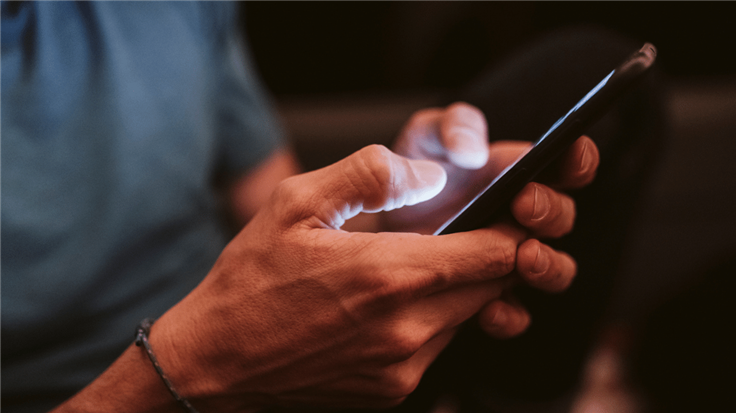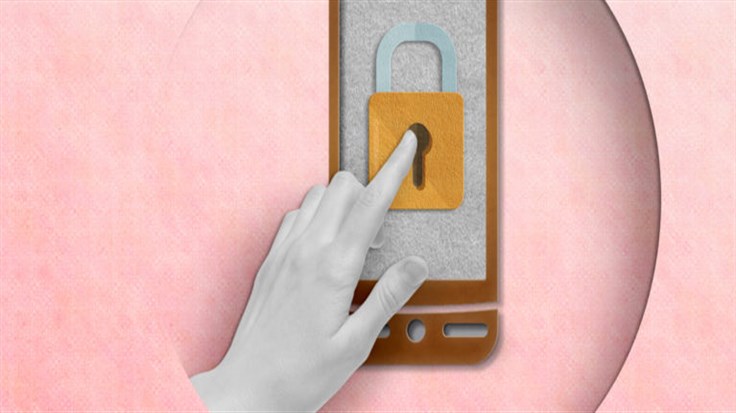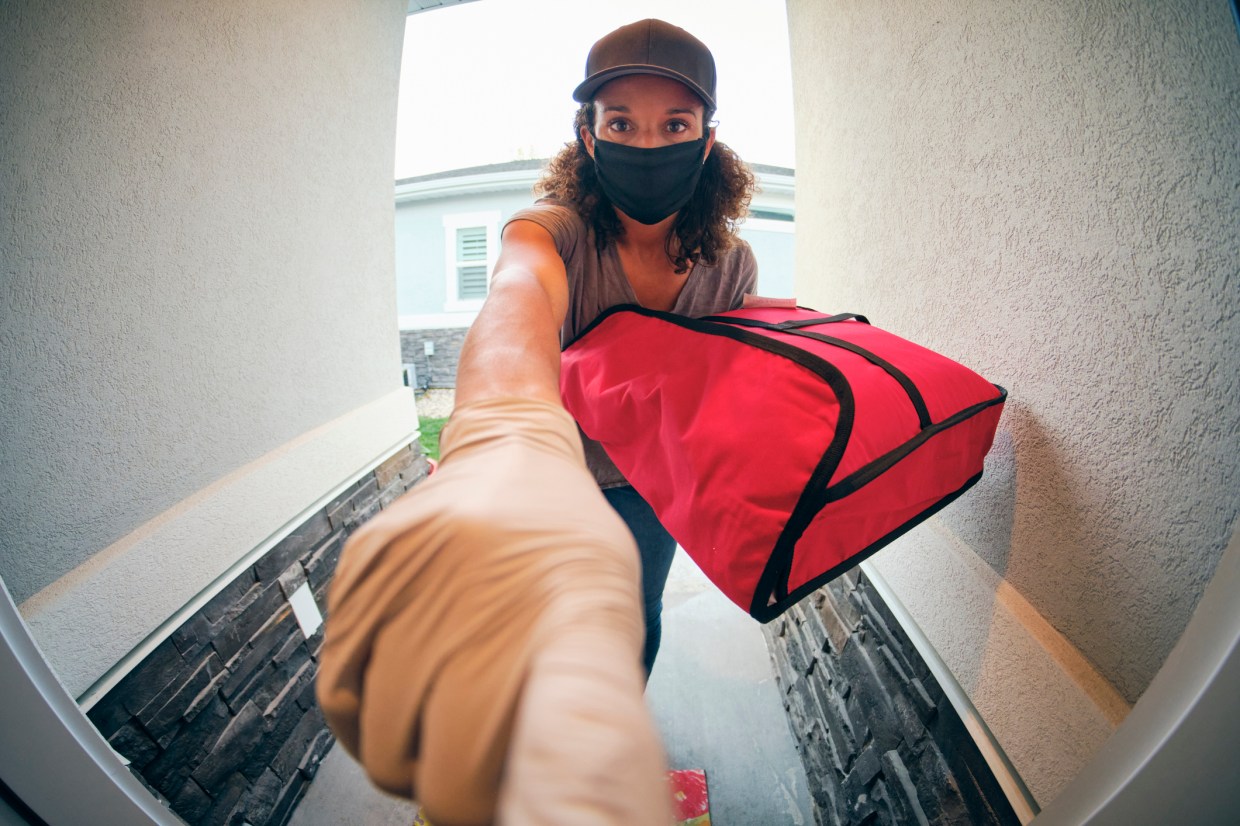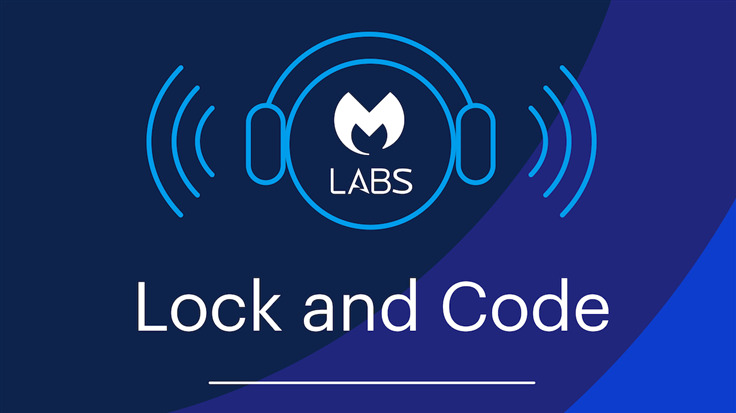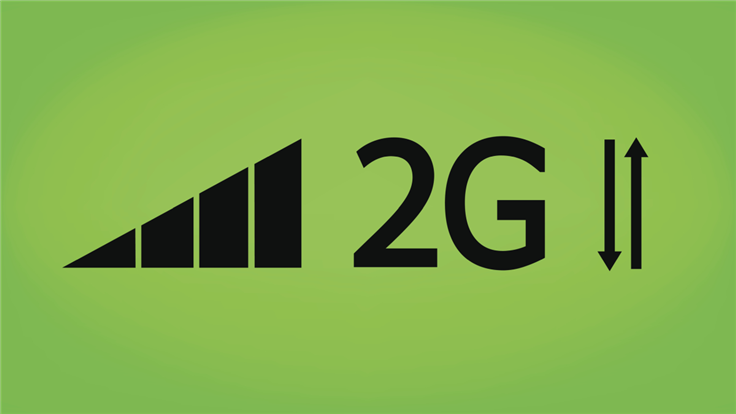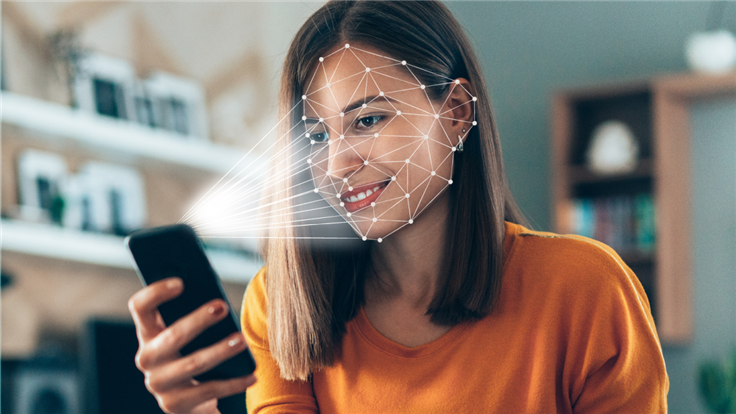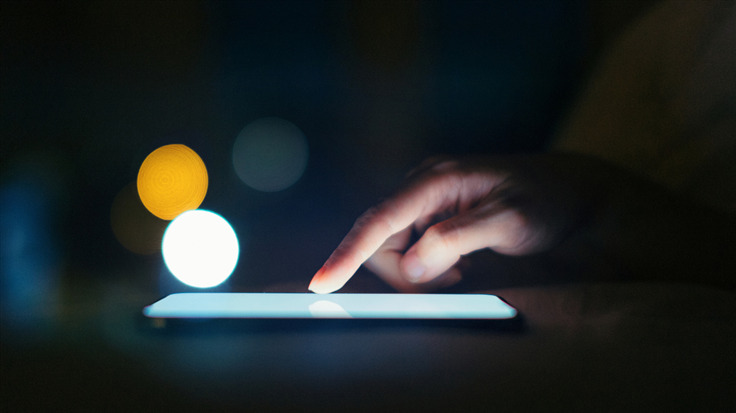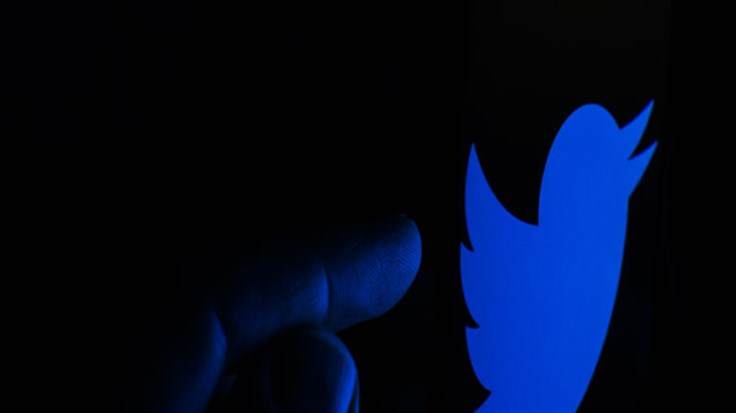Apple has announced three new security features focused on protecting user data in the cloud: iMessage Contact Key Verification, Security Keys…
Tag: EFF
Google flags man as sex abuser after he sends photos of child to doctor
Mark noticed something was wrong with his son. His penis was hurting and appeared to be swollen. Since it was a…
In post-Roe US, experts share how to keep your data private
In the weeks since the Supreme Court of the United States removed a nationwide right to choose to have an abortion,…
Ring shares data with police without consent (but it’s in good faith), says Amazon
Ring, the Amazon-owned company behind the popular smart doorbells, has admitted to giving doorbell data to law enforcement willy-nilly. All they…
Roe v. Wade: How the cops can use your data: Lock and Code S03E15
On the evening of June 23, in the United States, millions of women went to bed with a Constitutional right to…
Some Android users can disable 2G now and why that is a good thing
The Electronic Frontier Foundation (EFF) has happily informed people that Google has quietly pushed a new feature to its Android operating…
What is facial recognition?
Facebook recently announced it would give up on its facial recognition system. Facebook, or Meta, was using software to automatically identify…
Parents and teachers believe digital surveillance of kids outweighs risks
Schools in the US have been using surveillance software to keep an eye on their students, and such software has grown…
Apple delays plans to search devices for child abuse imagery
After the uproar from users and privacy advocates about Apple’s controversial plans to scan users’ devices for photos and messages containing…
Twitter says it out loud: Removing anonymity will not stop online abuse
An investigation by Twitter into racist tweets levied against three Black players on the English football team following the national hopefuls’…

